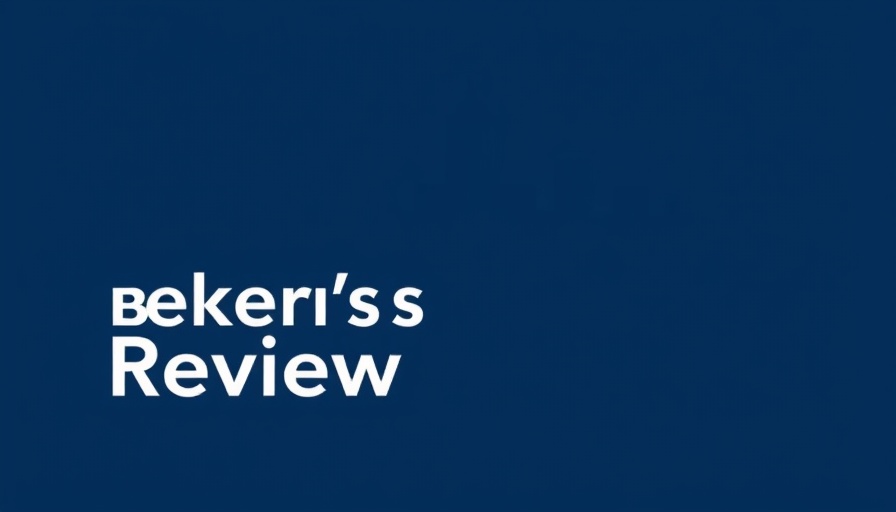
Beacon Health System Expands with Leadership Changes
In an exciting move for the healthcare landscape in Northern Indiana and Southern Michigan, Beacon Health System has announced key leadership appointments as part of its planned acquisition of several hospitals from Ascension Michigan. With this acquisition slated to conclude in summer 2025, the transitions have the potential to reshape healthcare delivery in the region.
New Executive Roles to Support Hospital Integration
Carl Risk, the current president of Elkhart General Hospital, is set to step into the role of president and integration executive for Borgess Hospital, where he will oversee critical integration processes during this transition. As healthcare systems adapt to new challenges, Risk’s experience will be pivotal in driving operational excellence.
In addition, Beacon Health has named Michael Johnson as interim president of Elkhart General, ensuring continuity in leadership as the transition unfolds. Also noteworthy is Kari Snyder's appointment as vice president of nursing at Borgess Hospital, highlighting the system's commitment to strong nursing leadership during this pivotal phase.
Impact of Acquisition on Community Healthcare
This acquisition includes not only Borgess Hospital in Kalamazoo but also Ascension Borgess Allegan Hospital, Dowagiac, and Plainwell facilities, along with 35 outpatient clinics and an ambulatory surgical center (ASC). The significance of this expansion reaches well beyond the mere addition of facilities; it signifies a commitment to enhancing patient care and strengthening community health services in the region.
Beacon's Growth Strategy and Community Engagement
With over 8,100 employees and a strong operational foundation in the region, Beacon Health signifies a growing trend within healthcare systems: the consolidation of facilities to streamline operations and improve access to care. This approach aligns with the emerging focus on patient engagement tools and healthcare automation, aiming to deliver more efficient and effective care to patients.
As independent practitioners and healthcare leaders within the community, understanding how such consolidations impact healthcare delivery is essential. For instance, these changes can bring about enhanced employee health benefits, result in improved medical billing recovery, and create robust practice efficiency solutions that benefit both patients and providers.
Challenges and Opportunities in Pharmacy Operations
As healthcare systems evolve, independent pharmacies also face challenges and opportunities. The integration of pharmacies within expanded health systems could lead to new avenues for independent pharmacy growth, especially through partnerships that encourage pharmacy profitability while enhancing patient engagement.
Moreover, with the increasing shift towards digital transformations in healthcare, strategies such as telehealth revenue opportunities and the introduction of AI phone agents can create more dynamic workflows, foster patient relationships, and ultimately drive revenue optimization for practices.
Looking Ahead: Future of Healthcare in the Region
As we contemplate the future of the healthcare ecosystem in Northern Indiana, consolidation efforts akin to Beacon's can provide valuable insights into effective leadership and management practices. The ongoing transformations will likely shape workforce dynamics—especially concerning medical staff retention and community-focused services. By maintaining communication and engagement within local healthcare markets, independent offices can optimize their strategies to fit the evolving landscape.
As healthcare continues on its path of rapid change, it’s crucial for professionals to stay informed about developments like these acquisitions. Embracing new technologies and best practices, especially in healthcare compliance, can foster resilience and growth.
Conclusion: The Call for Strategic Adaptation
In conclusion, Beacon Health System’s strategic moves not only affect its operational trajectory but could ultimately serve as a model for others in the healthcare space to follow. As independent physicians, it’s vital to keep abreast of such acquisitions and consider how they might influence patient care and practice efficiency within your own operations. The ripple effects of changes in healthcare aren’t just felt by large systems but resonate through the entire community.
 Add Row
Add Row  Add
Add 




 Add Row
Add Row  Add
Add 

Write A Comment